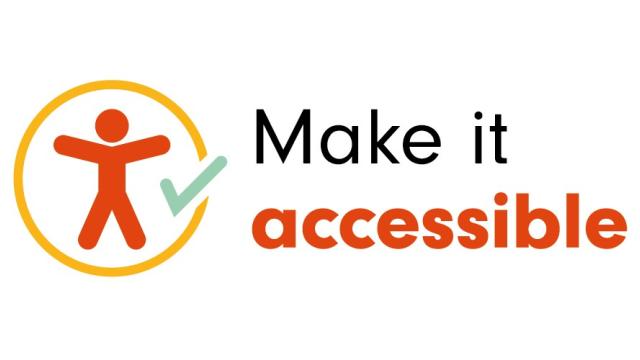
The purple pound – accessibility and inclusion is good business
The need and the benefits of becoming accessible to all are so much more apparent today than ever before.
It’s not just the right thing to do, it’s good business
16 million people in the UK have disabilities. That’s 16 million people in the UK alone who should have equal access to your products or services. They should be able to participate in society at the same level as everyone else. Without accessibility support, your customers are potentially excluded.
The spending power of people with disabilities and their families continues to increase, known as the purple pound, is close to £274 billion a year just in the UK. Each bit of information or product that isn’t accessible is an opportunity missed.
Showing your clear commitment to accessibility and inclusion can positively impact your brand. The disability community is huge and can be very vocal when things go right, or wrong.
Accessible design can benefit anyone, not just those with disabilities – for example those navigating English as a second language. Content that is easier to understand is better for everyone.
The earlier you begin your journey to more accessible and inclusive information, the more you can shout about it and be a leader in your sector.
With government initiatives such as the 'Disability Confident Employer’ scheme and global initiatives like the ‘Valuable 500’ – there hasn’t been a more appropriate time to make sure your business is doing what it can to be an inclusive employer and an inclusive brand to meet the needs of all your customers.

Accessibility and the law
Accessibility lawsuites against companies that do not comply with accessibility regulations are becoming more frequent. In the USA in 2023 there were 80-100 accessibility lawsuits a week, mostly siding on the side of accessibility. The National Federation of the Blind once won a lawsuit against Target Corporation for $3.7million due to their website not being accessible. These lawsuits may become more common in Europe after the European Accessibility Act deadline in 2025. It's important you know the laws and regulations that affect your business and make your products as accessible as possible.
The Equality Act 2010
The Equality Act 2010 covers both public and private sector organisations. It’s about treating all people in the UK equally, no matter their disability, gender, age or race. In order to meet the Equality Act, people with disabilities need to be able to use the same websites and apps as everyone else.
The Public Sector Bodies Accessibility Regulations 2018
These guidelines require all public sector organisations to meet the Web Content Accessibility Guidelines (WCAG). These guidelines contain a long list of accessibility requirements for how a website or app is built and the content that goes on them. They also require organisations to provide information in alternative formats, such as braille or Easy Read, if requested.
European Accessibility Act (EEA)
This is an European Union (EU) law for any organisations that operate within the EU. It will require businesses to make their products and services accessible to people with disabilities. The deadline for businesses to meet the accessibility requirements is July 2025. It applies to any business that operates in the EU with at least 10 staff and a turnover above €2 million.

How we can help
We've helped businesses become more accessible with training, focus groups and customer journey reviews. Find out how we can help.
If you’d like a call about your requirements, contact Kat Akass, SeeAbility’s Head of Marketing, Digital and Communications, by emailing k.akass@seeability.org.




